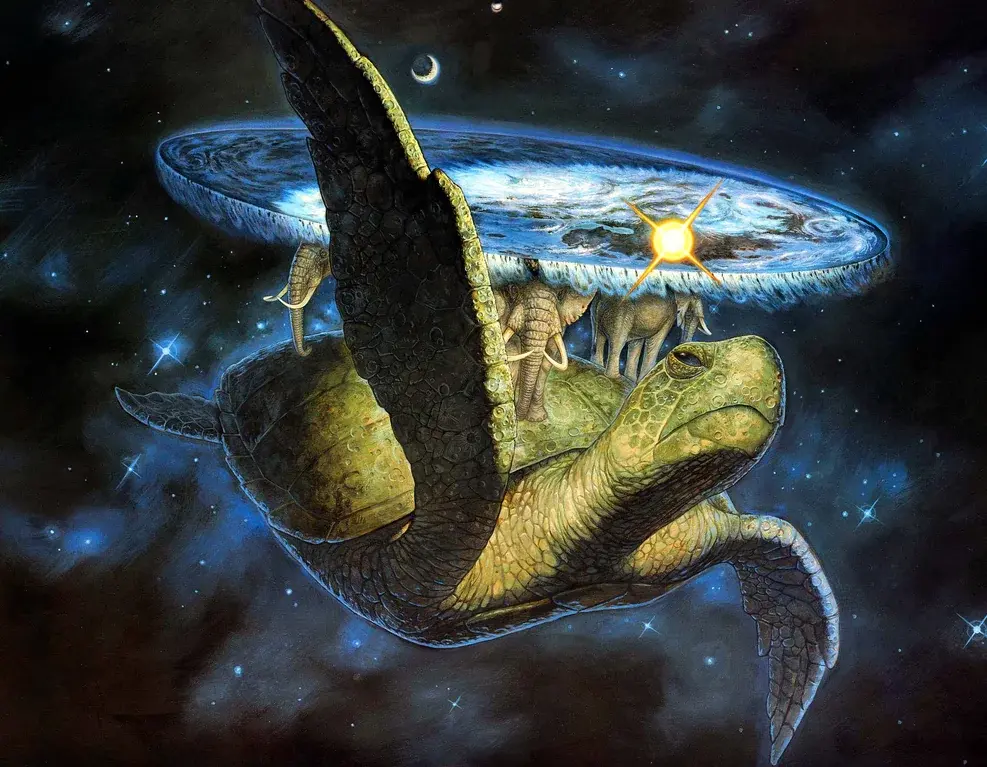With The 745-mile Solid-state Battery, Toyota Just Became A Force To Reckon With::Toyota has been criticized for not being the most proactive manufacturer out there, but with this new solid-state battery, it just changed the game.
the first vehicles with this battery are expected to be hybrids instead of all-electric vehicles. Toyota claims it will be ready for sale in 2027 or 2028.
This tells me we probably need to wait until 2030+ for this supposed 745mile battery.
745 mile range on the battery and they’d make it a hybrid? What a waste!
Need a more complicated drivetrain, a transmission, an engine block, and a fuel tank. All of that added weight and complexity when you have a 745 mile range without it?
Why? What is their reasoning?
It doesn’t exist, that’s it. This is just another lie from a known serial lier
It’ll be a much smaller solid state battery in a hybrid, they wouldn’t put enough batteries in it to hit 745 miles. I assume they would use at most 10% of the cells a 745mile vehicle would need and it could be under 5% of the cells needed.
I’ll believe it when they actually put that battery in a car.
Yeah, how the hell do you fit a 745 mile battery in a 5m car?
Same way you’re able to fit 9m of digestive system inside a human body that you stuffed into a 1m ice box just before the police arrived.
That took a turn. And a fold.
I love some proper vaporware!
Yeez the EV scene is riddled with promises. Make a car already.
Toyota has been “about to change the game” for a long time. They are just trying to keep investors happy while not actually investing in evs
If they can mass produce solid state ev batteries, that IS an absolute game changer, because their EVs will have a lifespan many times longer than that of any wet-cell EV.
And if Tesla can get fully reliable self driving, it will be a game changer.
But I’m not holding my breath for either.
Then make a car with it today! This is just propaganda.
The fact that they would put this in a hybrid means there’s something limiting it (ie poor discharge power, overheats easily, etc).
I’d wager it’s just marketing.
Hybrids sell where EVs cannot.
To wit, I want an EV, but I live in an apartment with no place to plug in and work from home; charging would be, at best, a hassle.
So, instead, I got a hybrid.
I drove 2 hybrids until I got an EV. Will never go back. Concerns about EVs melt away once you’ve driven one. Charging is less of a hassle than you think.
I have driven several EVs, and I’ve had the opportunity in the past to basically use one as the “work” vehicle during the day. But that vehicle was able to be parked at the office, plugged in to a charger (or at least, near one) when not in use.
In apartment life, that’s not an option for me. I literally, where my car is parked, do not have the option to plug it in to any kind of charger, including an orange extension cord running out the bedroom window kind of thing. The only chargers available to me would be public ones, which means I’d have to take time out of my day to go find one and like, hang out at Walgreens or something for half an hour every few days, assuming they’ve got L3 chargers out front.
I would love nothing more, but until there’s an outlet somewhere near my parking spot, I’m sort of stuck.
Usually people that don’t have charging at home charge while shopping or at work
Absolutely the best kind of car to own. Period. Virtually no maintenance, extremely high reliability, quiet and safe. The quantifier is, only if you can charge it at home or at work. Relying on DC fast charging for 100% of your driving is a royal pain. It takes much longer than filling a gas tank, the charging stations are harder to find than gas stations, and your car won’t go as far as on a tank of gas. And the battery will commonly lose 1-2% per day of charge just sitting there keeping idle systems running. I’ve been an EV owner since 2016 and absolutely would not want to own one if I didn’t have a garage at home to plug it in.
Your points are valid for all brands outside of Tesla, btw. Virtually no vampire drain now whereas a few years ago your statement was correct. And I can get from 20->80% in about 20 minutes. Really not an issue to supercharge with how common Tesla superchargers are. All of the advantages outweigh the mild disadvantage of having to charge at superchargers.
The biggest ‘vampire’ drain on teslas is cabin overheat protection and sentry mode, but those can be turned off. And yes, tesla superchargers are almost everywhere and convenient but still 20-80% is only 60% of the charge of the battery. Imagine if a gas car took 20 minutes for every 7-8 gallons of fuel added how annoying that would be. 60% of the battery will get you maybe 160 miles of range. In America the average driver drives about 15,000 miles per year. At 160 miles added per 20-minute charge thats 1800 minutes or 30+ hours spent charging. That is only under ideal scenarios with only using fully functional 250kW v3 superchargers. I’ve very frequently found supercharger stations to provide much slower charging speeds caused by faults or other issues with electric demand. It can sometimes take 45 mins to up to 1 hour to get that level of charge each time.
It works out fantastic on roadtrips because it forces you to stop and take a break, stretch and maybe visit some local restaurant, store or roadside attraction that you wouldn’t otherwise see. But, spending 30-40 hours per year at the same local neighborhood supercharger just sounds like no fun to me.
Yeah until they put it in a car that is for sale and I can buy at my local dealer, I ain’t believing it.
…That doesn’t cost 70k
That will be the cost of the most entry level car by the time this makes it to a production vehicle
Perhaps we’ve gotten too accustomed to the tech-bro approach to corporate PR, in which companies loudly trumpet every half-baked idea that may or may not fizzle into anticlimactic failure. Today, a company waiting until a concept is totally finished and ready for deployment seems almost quaint. … Toyota is the first company that has come out and said it may have solved the range and battery weight problems.
Uhm.
Unfortunately they’ve been pushing the release date of this battery forward for the last two three years or so. I believe they have some core technology but haven’t been able to overcome some critical issues.
right behind the hydrogen-powered daily drivers!
Removed by mod
deleted by creator
Removed by mod
I want to see a car out there with it, and some years of it working…
CATL and BYD have already shipped the Sodium Ion batteries that cost nearly a third of LiPho and half that of Li-ion at similar densities, you can buy cells and cars in China already.
They also both have cells and cars out next year with a 2x density Li-ion, it’s already been showcased so we know it exists but it’s not on sale yet. By the time Toyota ships these Chinese companies will have been in market with a comparable product for many years. Sodium ion will do great for existing range and replace LiPho for power storage and the new Li-ion will be used in high range cars and probably replace all Li-ion in everything where density is preferable to price.
How do they manage that you need more sodium to store comparable amount of energy? Larger size?
As far as I know they are equivalent density to LiPho, I don’t know how they do it but it should allow similar range to existing current Li-ion batteries.
Density might be similar, but sodium can accumulate and release much less energy than Lithium, and it is heavier. It means that similar batteries, similar density, would need to be larger and heavier.
That’s the disadvantage of sodium over Lithium
Sorry didn’t see it in the article but what’s it made of, and is it as environmentally disastrous as lithium? And how quickly does it charge?
10 minutes allegedly for the charge.
Lithium is disastrous only if not recycled.
Unfortunately recycling is expensive so less profitable
I think you meant expensive.
Not a lot of lithium is recycled nowadays. Added to this is the fact lithium is stuffed into all sorts of disposable junk tech that will likely never even be considered for recycling.
This is the actual problem. Lithium can theoretically be recycled. Governments need to force investments in research and, once good methods are available, force recycling.
No company will do it without push
Website does not even load
Ha ha ha. I wonder how much money Toyota paid for this con job.








